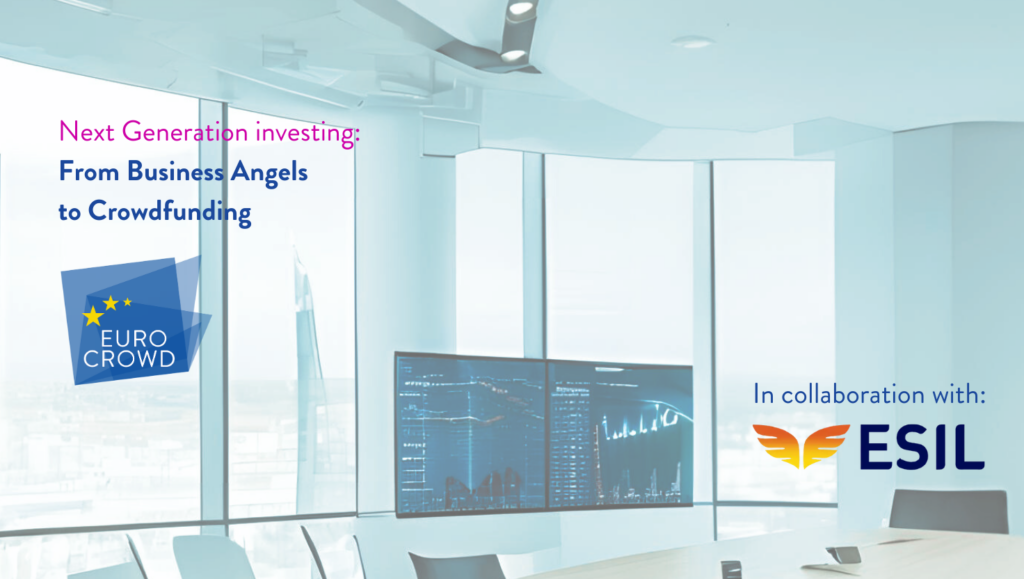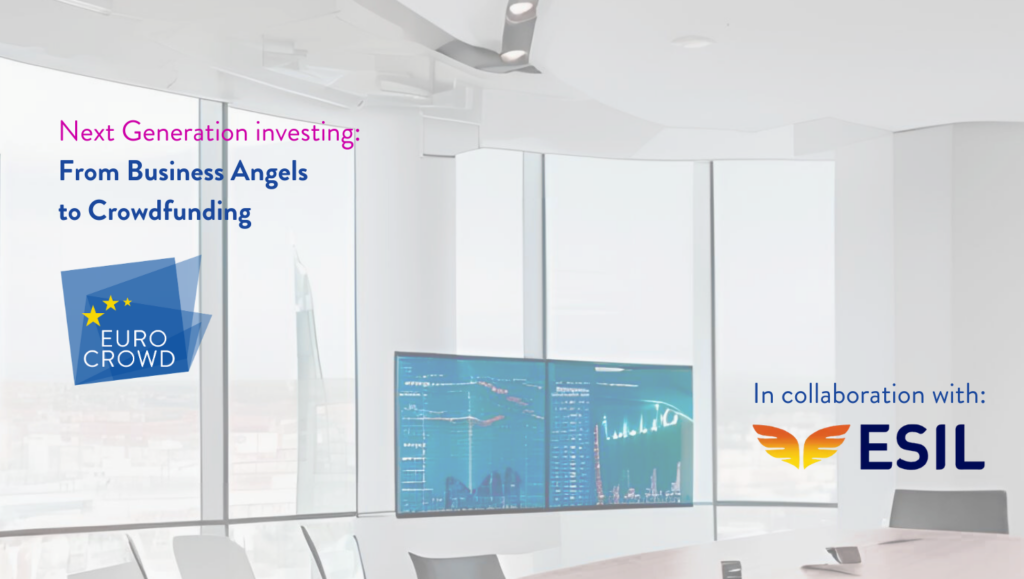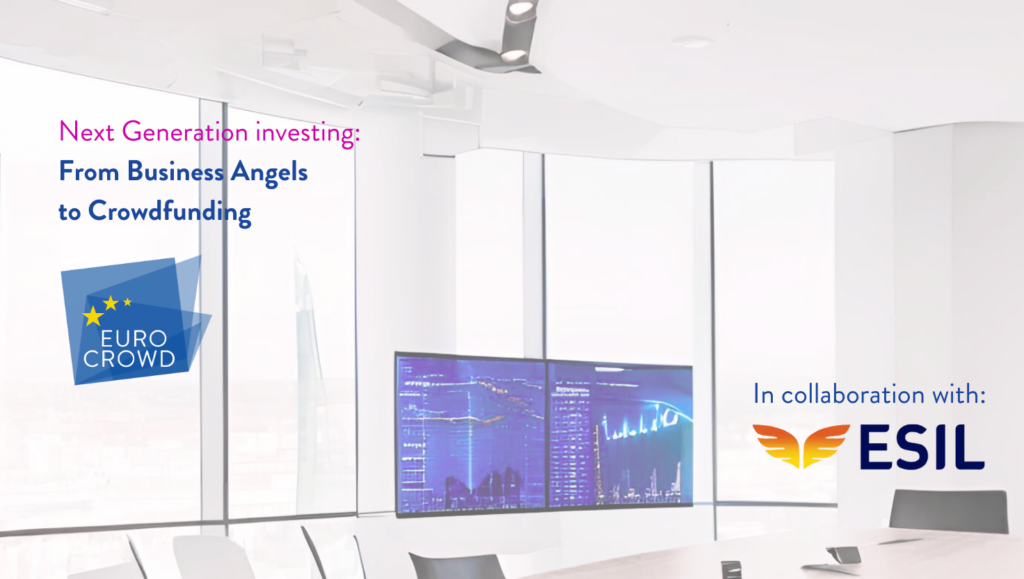Innovators today operate in a dynamic funding environment. Among the most prominent and accessible routes for startup finance are business angel (BA) investing and crowdfunding. Both models offer real value, but they reflect different philosophies, expectations, and processes. Understanding these differences is critical for founders seeking to navigate early-stage financing effectively.
Business Angels: Strategic Capital and Mentorship
Business angels are individuals who invest their own capital into startups, typically in exchange for equity. Many bring added value through experience, networks, and strategic insight. Their investment process often involves personalised relationships, hands-on support, and long-term engagement.
While angels play a vital role in many startup ecosystems, their availability is limited and selective. Deals often depend on personal networks, and investment decisions can be heavily influenced by subjective judgment, industry familiarity, or risk appetite. ESIL (Early Stage Investing Launchpas), among others, plays a significant role here in sharing professional knowledge, networks and cross-border investing experiences.
Key Characteristics
- Capital Range: Typically €25,000–€250,000 per investment
- Involvement: High-touch mentorship and guidance
- Expectations: Strong exit potential, scalable business models
- Skills Needed: Due diligence, portfolio management, emotional resilience
Challenges
- Limited dealflow transparency
- Geographic and demographic bias in decision-making
- Long timelines for return on investment
- Limited availability outside major innovation hubs
Want to know more about becoming a Business Angel?
Crowdfunding: Community Capital at Scale
Crowdfunding enables startups to raise capital from a wide base of retail or professional investors via regulated online platforms. With the implementation of the European Crowdfunding Service Providers Regulation (ECSPR), crowdfunding has become more standardised, transparent, and pan-European—making it a powerful tool for fundraising, validation, and growth.
Modern crowdfunding is not just about raising small amounts. Many campaigns raise hundreds of thousands or even millions of euros, and some platforms now work directly with institutional co-investors, family offices, or VC funds.
Key Characteristics
- Capital Range: €50,000–€5 million (under ECSPR transactions are capped on a yearly basis)
- Involvement: Platform-managed support, sometimes with investor communities or lead investors
- Expectations: Clear business model, strong marketing and outreach, value-driven narratives
- Skills Needed: Digital marketing, community building, financial storytelling
Challenges
- Campaigns require upfront preparation and effort
- Marketing costs can be significant
- Some investors may lack experience or follow-on capacity
- Regulatory compliance under ECSPR may require external support
Crowdfunding ≠ “Pre-Angel”
Rather than viewing crowdfunding as a stepping-stone to angel investment, it’s more accurate to see two parallel systems—each with strengths that depend on the startup’s needs:
| Crowdfunding | Business Angels |
| Broad public or community engagement | Targeted strategic input |
| Fast access to capital (under €5M) | Larger single-ticket sizes |
| Regulated online platforms (ECSPR) | From individuals via informal and semi-formal to highly formalised networks |
| Validation through public traction | Due diligence-led investment |
| Strong fit for consumer-facing or mission-driven ventures | Strong fit for deep tech, B2B, or IP-heavy startups |
Hybrid Approaches: The Best of Both Worlds
Increasingly, startups are using hybrid rounds—combining crowdfunding and angel investment within the same funding campaign. This allows them to build a strong community foundation while securing strategic capital and guidance. In some cases, crowdfunding platforms actively facilitate these deals, inviting BAs to participate as lead investors or anchor commitments.
Examples of hybrid advantages:
- Social proof from a crowd can attract angels
- BAs can help structure crowdfunding terms more effectively
- Platforms provide compliance, distribution, and investor communication tools
Both crowdfunding and business angel investing are pillars of the European innovation finance landscape. Crowdfunding provides scalable, democratic access to capital and market validation. Business angels bring strategic, personalised support and long-term commitment.
Rather than choosing one over the other, smart founders—and smart ecosystems—should focus on combining the strengths of both approaches to create more resilient and well-funded ventures.
Want to know more about becoming a Business Angel? Find out more at European ESIL
Additional sources:
- Read further on Collaboration and turning ideas into market-ready solutions
- Or watch the discussion on Business angels, Innovation Actors and EIC Pathfinder – EIC Transition: https://www.youtube.com/watch?v=I828l9UiEoo
About European ESIL
ESIL is dedicated to boosting Europe’s innovative ecosystems through the creation of a thriving, connected and diverse angel investment community across all the countries of Europe. The programme is managed by:
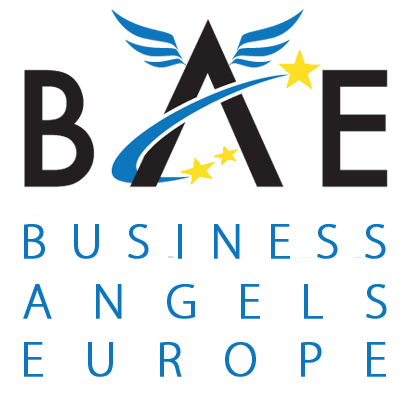 | 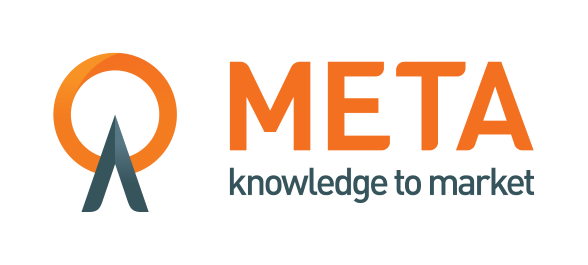 |  |

